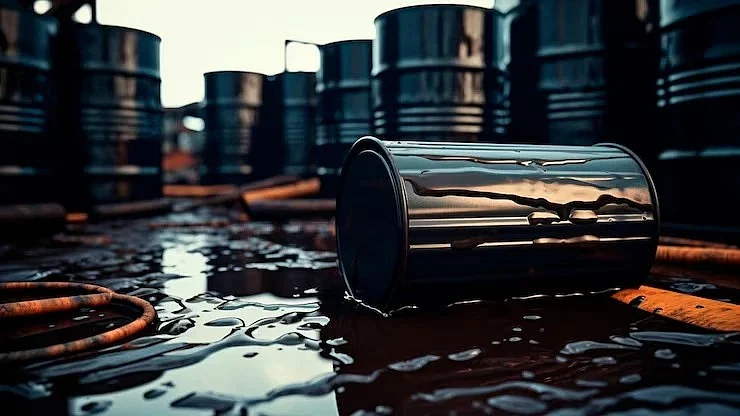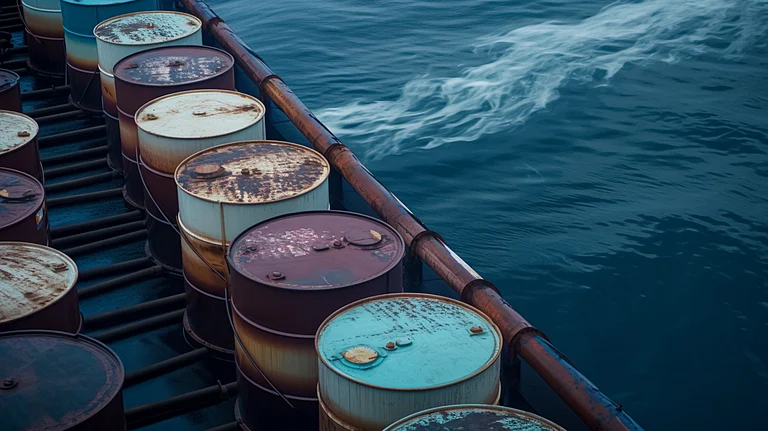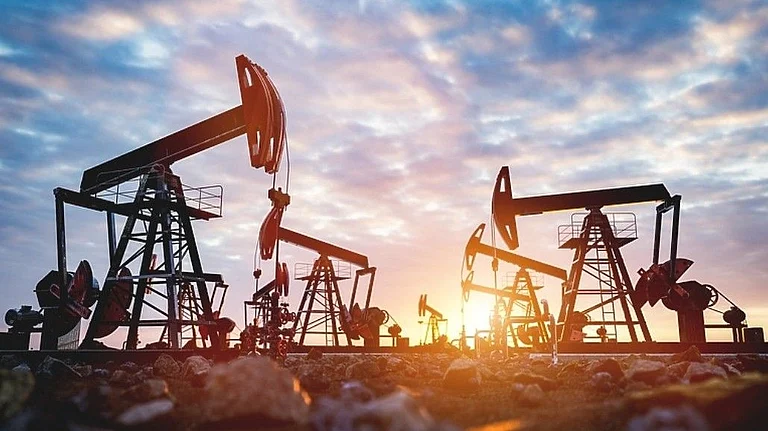
Reliance will halt Russian crude imports at Jamnagar to comply with EU sanctions.
It stopped sourcing Russian oil for the SEZ refinery from November 20.
From December 1, all exports will have to use non-Russian crude under the EU’s new rules.
Mukesh Ambani-led Reliance Industries on Thursday said it will halt imports of Russian crude at its Jamnagar refinery to comply with European Union sanctions. The bloc announced a blanket ban on Russian oil in July, including plans to bar imports of petroleum products derived from Russian crude routed through third countries.
The sanctions, part of EU measures responding to Russia’s war in Ukraine, come into effect on January 21.
Reliance said on November 20 that it has stopped importing Russian oil into its Special Economic Zone (SEZ) refinery with effect from 20 November.
“From December 1, all product exports from the SEZ refinery will be sourced from non-Russian crude oil. This transition has been completed ahead of schedule to ensure full compliance with product-import restrictions coming into force on January 21, 2026,” an RIL spokesperson said.
On Friday, Reliance Industries’ shares were trading flat at ₹1,549.15 apiece in early trade on the BSE.
The company added that all pre-committed liftings of Russian crude as of October 22 are being honoured, as transport arrangements were already in place.
“The final such cargo was loaded on November 12. Any cargoes arriving on or after November 20 will be received and processed at our Domestic Tariff Area (DTA) refinery. All operational activities ordinarily incident to such oil-supply transactions can be completed in a compliant manner,” the spokesperson said.
Reliance operates two refineries in Jamnagar, Gujarat: the Domestic Tariff Area unit, which primarily serves the Indian market, and the SEZ unit, originally built under Reliance Petroleum Limited and geared towards exports.
The statement also comes a day before the US-mandated wind-down period for dealings with Russian oil majors Rosneft and Lukoil ends on November 21. The US imposed sanctions on both firms on October 22 and set a deadline for all transactions to cease by November 21. Rosneft and Lukoil, Russia’s largest oil producers, supply most of India’s Russian crude.
RIL has a term deal with Rosneft for up to 0.5 million barrels per day. Reuters reported in October that Reliance would halt imports under this long-term contract following the US sanctions.
This development follows former US President Donald Trump’s move to impose a 50% tariff on Indian shipments to the US, partly in retaliation for India’s purchases of Russian oil. India is negotiating a potential trade arrangement that could bring these tariffs in line with those applied to Asian peers in exchange for reducing crude imports from Moscow.
Reliance, which runs the world’s largest single-site refinery complex at Jamnagar, accounts for roughly half of the 1.7–1.8 million barrels per day of discounted Russian crude shipped to India. It processes this crude into petrol, diesel and aviation turbine fuel, much of which is exported to markets such as Europe and the US at market prices.

































